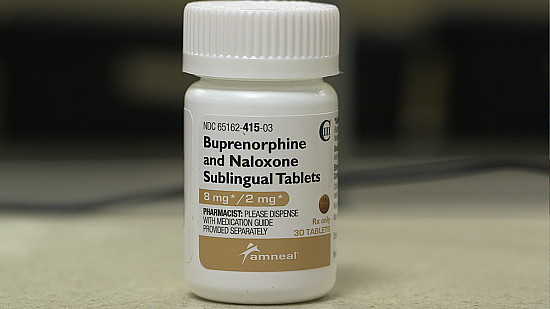How to welcome back a colleague who is in recovery

It can be awkward or difficult to welcome back a colleague who has been absent for reasons related to mental health. These issues, historically, have been taboo, and are loaded with stigma. It is hard to know how to act toward a colleague who has returned from treatment for a mental health issue. Do I ask about it? Do I pretend that nothing happened? Do I say that I hope they are feeling better? Usually, none of these options feels right.
This difficulty is particularly true when colleagues return from being treated for problems with drugs or alcohol. The stigma in our society against people suffering from addiction is rampant and deadly. I have experienced such stigma myself and have written about it here. Many people view "addicts" as morally impaired and deserving of scorn and derision, and not worthy of compassion and care.
Fortunately, as our society comes to understand addiction as a brain disease, and as a medical problem much like diabetes or cancer, our unhelpful attitudes about addiction are starting to change. Addiction has nothing to do with a lack of morals or character, and people certainly shouldn't be blamed for having an addiction any more than you would blame them for having cancer. But prejudices fade slowly. Even progressive people with the best intentions can still have implicit bias toward people suffering from substance use disorders who are returning to their workplace.
What can I do to support my coworker?
A good first step toward successfully supporting a person in recovery is to honestly examine your own beliefs and feelings about addiction, and to make sure that your response to the colleague you are about to welcome back isn't hampered by any hidden negative attitudes. If you find yourself uncomfortable with the idea of working with an addict, there are many ways you can learn more about addiction to become more comfortable and educated about the subject.
It is critically important to try to understand what your colleague might be experiencing as they reenter the workforce. Most people who are early into their recovery process suffer from guilt, embarrassment, and shame, and it takes a lot of courage for them to walk through the front door on their first day back at work. They most likely feel quite vulnerable and fragile, and it is helpful to be sensitive to their state of mind, and to be as open and welcoming as possible.
There is no fixed formula for how to help someone who is returning to work after suffering from a substance use disorder. It partly depends on your relationship to them, both personally and professionally. It also depends on a keen reading of the returning person's personality, as some people are going to want everything out in the open from day one, and others are going to feel more comfortable being discreet. If you are comfortable offering a listening ear, then be receptive to any overtures they might make to discuss their addiction. You can welcome any discussions they might start about their experiences, their addiction, struggles they may be having, and help they might need, including the possibility that they are struggling with a relapse. Colleagues can be a critical source of strength and support, and it's important not to miss any opportunities that arise where you can help.
What can we learn from people in recovery?
As more people with substance use disorders recover and return into the workforce, it will be increasingly understood that recovery from addiction is about far more than not taking drugs. Recovery is about learning to listen, having humility, and connecting with other people. These are ideal traits that foster a healthy and productive work environment. Rather than being a burden, the employee who is recovering from addiction can very likely be a role model for other workers, and should be welcomed with open arms to any job in today's economy, where communication and being a team player are highly valued. I predict that today's stigma will give away to tomorrow's embrace.
About the Author

Peter Grinspoon, MD, Contributor; Editorial Advisory Board Member, Harvard Health Publishing
Disclaimer:
As a service to our readers, Harvard Health Publishing provides access to our library of archived content. Please note the date of last review or update on all articles.
No content on this site, regardless of date, should ever be used as a substitute for direct medical advice from your doctor or other qualified clinician.















